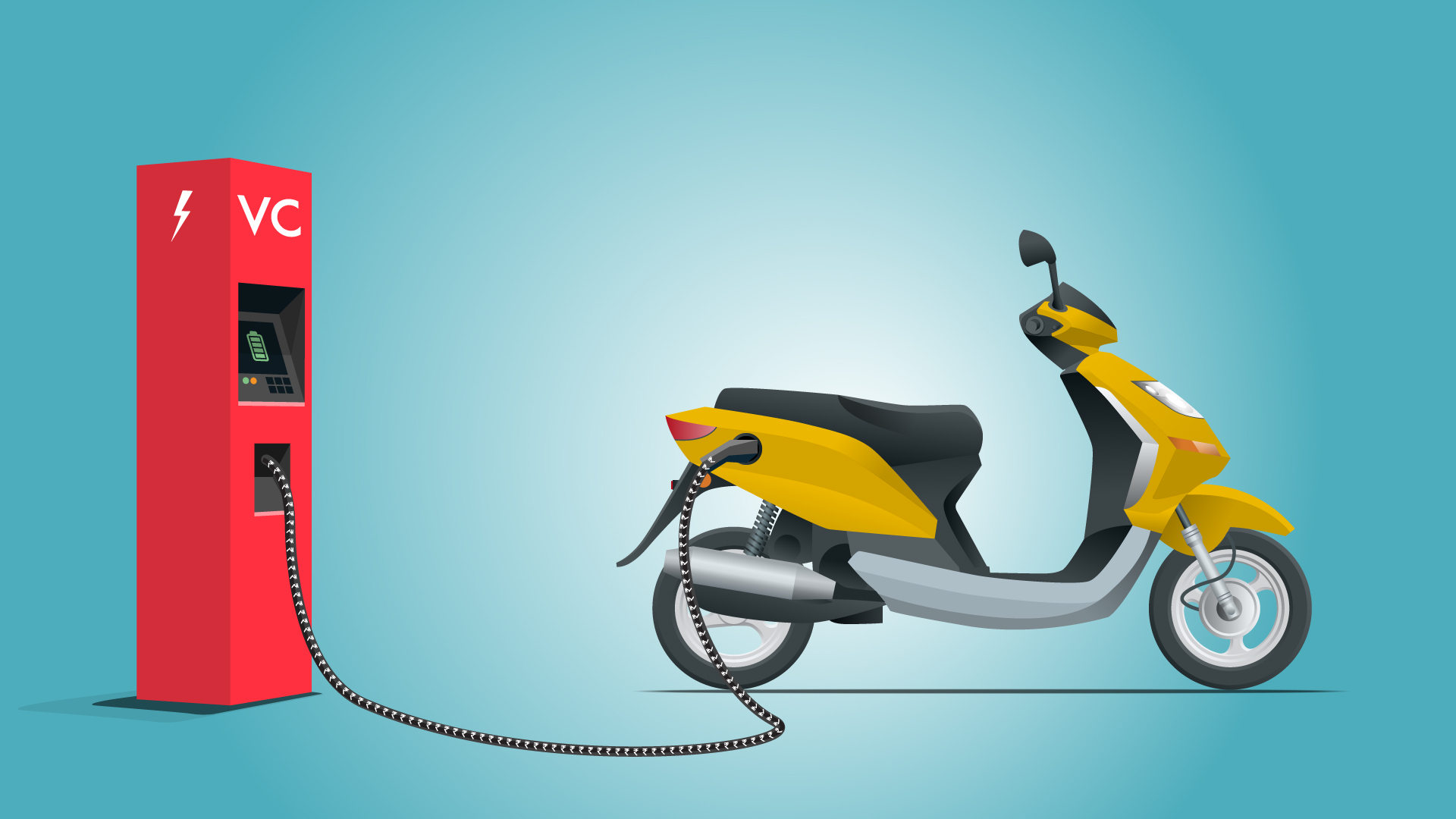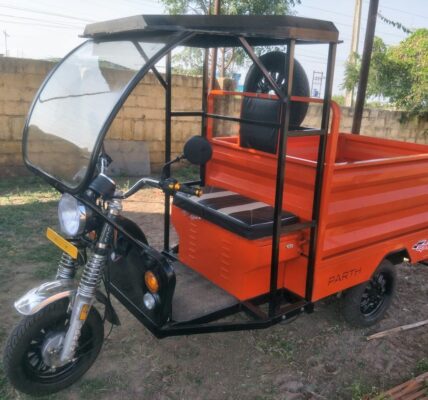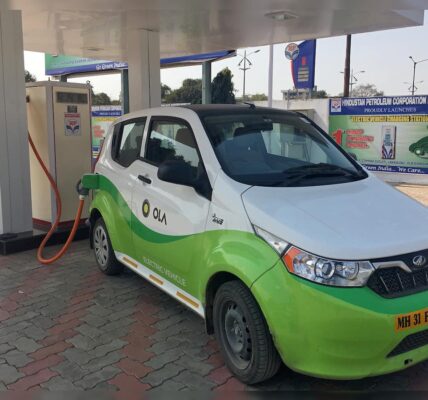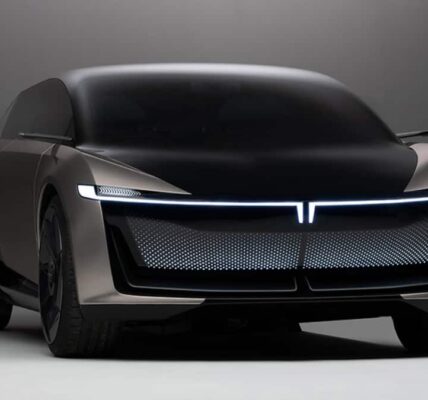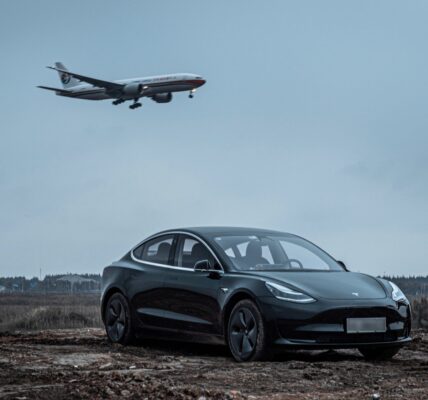As automobile industry looks at the worst sales figures of the past 19 years, the Indian government has reportedly decided to slow down its push for electric vehicles adoption. According to the Society of Indian Automobile Manufacturers, the auto industry has recorded a 31% drop in sales in 2019 as compared to last year.
The government has changed its perception that electric vehicle adoption can be brought in through a gradual push rather than a major disruption, as proposed by the NITI Aayog.
The government think-tank had earlier proposed a complete switch to electric two and three wheelers from 2023. The proposal had also talked about banning all internal combustion engine (ICE) three-wheelers by March 2023, and two-wheelers below 150 cc by 2025.
The report also noted that various government departments have now been asked to hold back the several measures planned by the government to discourage the sale of ICE vehicles including heavier taxes on petrol and diesel vehicles, increasing registration charges, and introducing emission targets for automobile companies
To which, the automobile majors TVS Motor and Bajaj Auto have then said that such a sudden switch is not achievable. TVS Motor chairman, Venu Srinivasan noted that both India and global automobile industry is a long way away from such a switch.
“To force an unrealistic deadline for mass adoption of electric two-and three-wheelers, will not just create consumer discontent, it risks derailing automobile manufacturing in India that supports 4 Mn jobs,” Srinivasan added.
India’s transport minister Nitin Gadkari has also expressed similar concerns and said that such a cut-off date can have an adverse impact on the number of jobs in the automobile sector. Gadkari also noted that two wheelers make for the majority of personal transport in small villages and towns and thus, the country cannot make a hasty decision to ban all ICE vehicles.
Earlier this week, another media report has noted that the automobile industry is undergoing a slump in growth, leading to 100,000 job losses in the auto components sector over the last few months. Director general of Automotive Components Manufacturers Association of India (ACMA), Vinnie Mehta had reportedly said, “if this trend persist for another 3-4 months, it could lead to 1 million job losses,”
Electric vehicles have been at the forefront of the NDA government’s development plans. From reducing GST rate of EVs to allocating a INR 10,000 Cr outlay for its EV focussed scheme FAME II — the government has been trying every trick in its hat to promote EV adoption in India.
The Indian electric vehicle industry recorded sales of 7.59 Lakh units in India till March 2019, this included the sale of 1.2 Lakh two-wheelers, 6.3 Lakh three-wheelers and 3.6K passenger vehicles.
However, there has been a drop in electric two-wheeler sales after the announcement of FAME II. According to an industry body Society of Manufacturers of Electric Vehicles (SMEV), electric two-wheeler sales have dropped to a mere 1,700 in the quarter ending on June 31, as compared to 30,000 vehicles being sold in the corresponding quarter of 2018.



